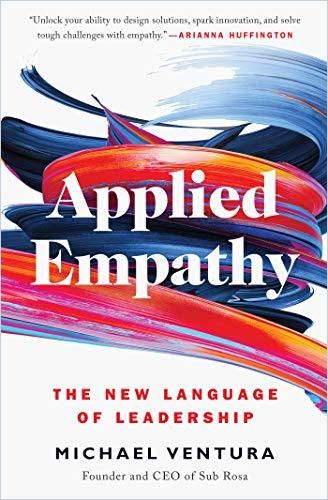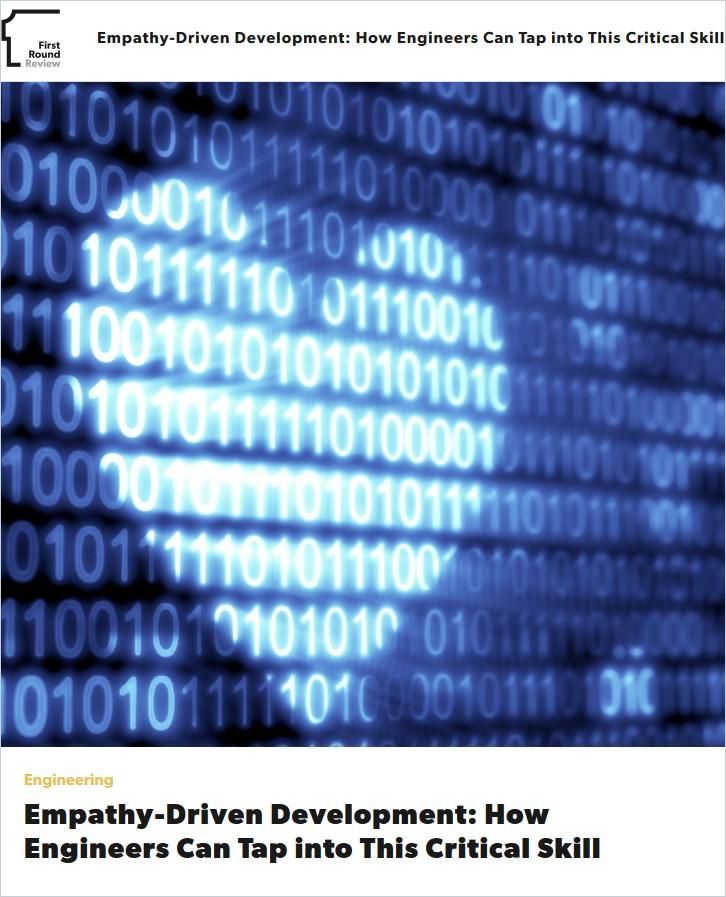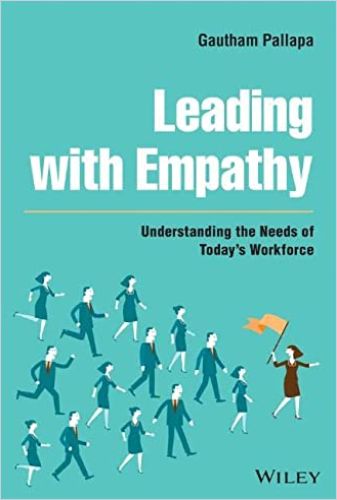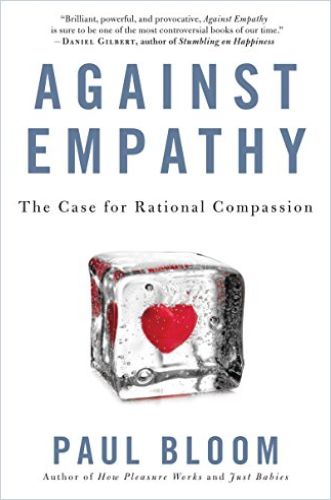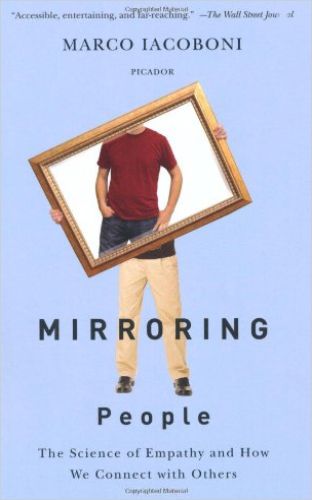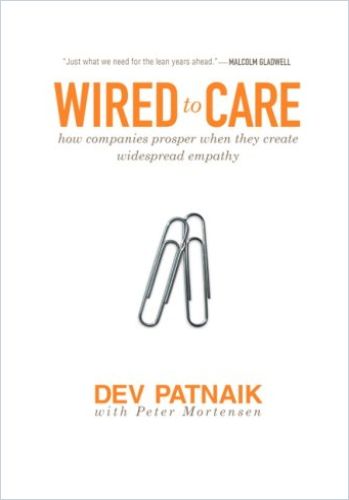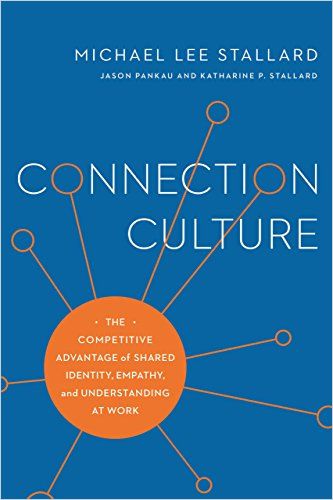The Business Case for Compassion
As the world enters the Fourth Industrial Age, characterized by increasing automatization and the Internet of Things, maintaining grounded interpersonal connections at work is vital to keeping human well-being at the center of economic efforts, enabling a peaceful journey into that future. Building and maintaining human connections depends upon emotional intelligence, which begins with empathy.

Empathy is the ability to perceive and share how someone else feels from their point of view. With cognitive empathy, you can imagine how another person feels and see a situation from their perspective. This comes in handy during both negotiations and consensus-building. Emotional empathy is when you feel the emotion another is feeling; this can sometimes lead to the phenomenon of “caretaker’s burnout.” Compassionate empathy puts a little more distance between your emotions and another’s, but you are still concerned for their suffering and seek to help. Compassion without strong emotion is a healthier response.
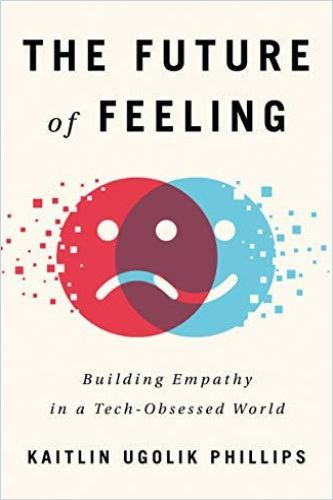
People who can empathize with others experience less stress, are more able to be their authentic selves and ultimately are more successful in the business world. In her book, The Future of Feeling, journalist Kaitlin Ugolik Phillips writes about a growing movement by technologists to emphasize connection and empathy, to humanize work despite the growing use of technologies that tend to separate people and “gamify” their interactions. In fact, they posit that video games and especially virtual reality technology can help people boost their empathy skills. Many companies consider empathy an essential leadership skill and address it in training programs.
“Social technology is ostensibly about connecting people, but it doesn’t often foster the empathy that’s needed for real human connection.”
Kaitlin Ugolik Phillips
Businesses that display empathy have an edge. People are born with the ability to empathize, and empathy is not restricted to humans. Women tend to have a more fully developed ability to empathize than men, but all adults can learn to be better empathizers.
Here are some summaries that might help you on your journey:
Soft “people” skills are even more important in remote teams when people must relate to each other without important in-person context clues. Here are some insightful tips to keep your business together:
